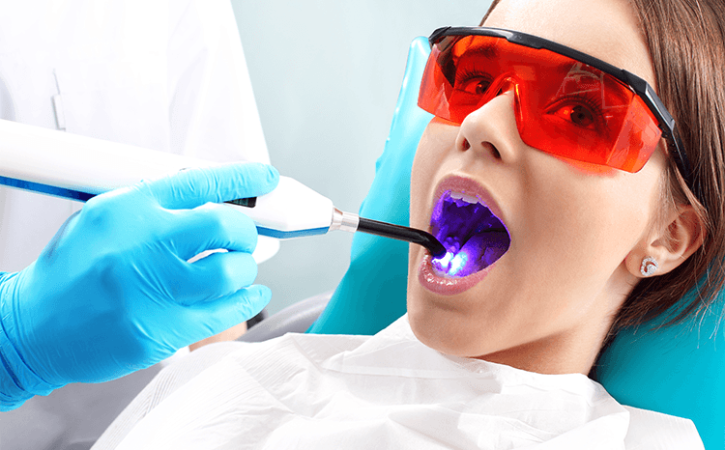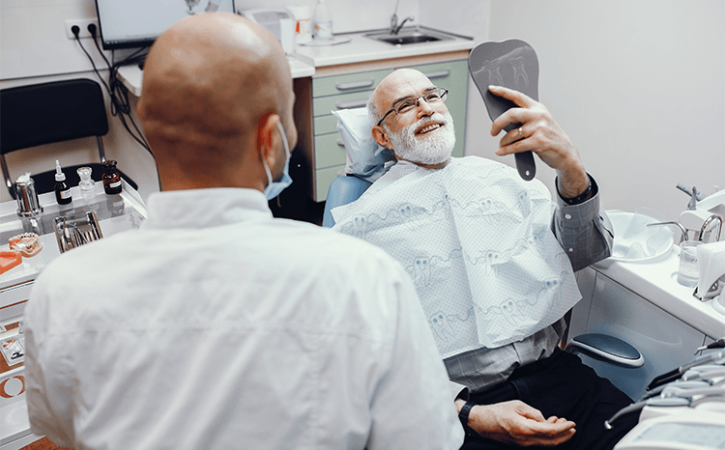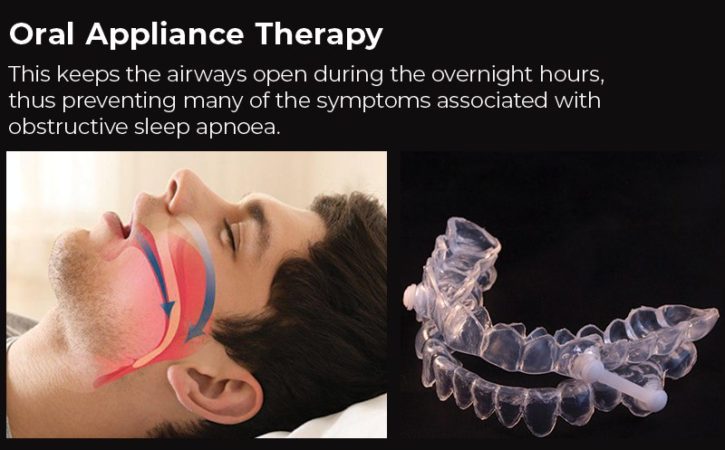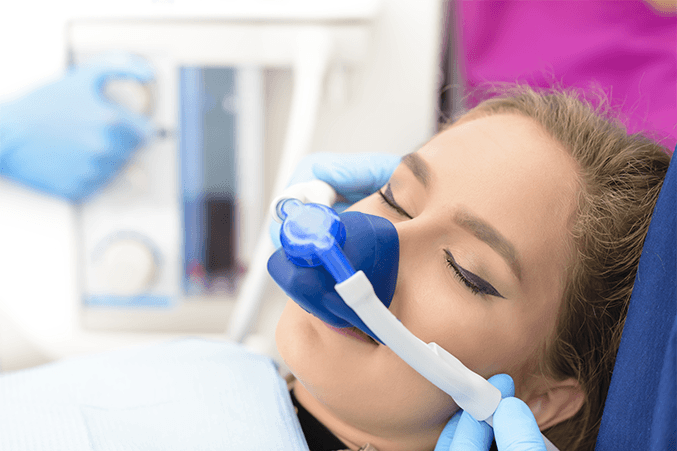 Sam
Sam
What To Know About Laser Dentistry
In laser dentistry, lasers are used to treat a variety of dental problems that involve the hard and soft tissues in the mouth. Here are the benefits of receiving laser dentistry.
Key takeaway:
• Most commonly, lasers are used to treat procedures involving soft tissues like the gums & cheeks.
• The procedure can also be used to treat overly tight muscles in the mouth or jaw, sores and oral ulcers.
• Laser treatment is pain-free, meaning treatment may not require anaesthesia.
• It reduces dental anxiety, plus healing time is less stressful.
Find a dentist with experience to treat your teeth and issues.
Read more at:
https://yourdentalhealthresource.com/what-exactly-is-laser-dentistry/
How To Care for Your Baby’s Milk Teeth
You must take care of your child’s baby teeth from the minute the first tooth erupts. Here are some tips that you can use to keep your child’s teeth decay and cavity-free.
Key takeaway:
- Start brushing your child’s teeth as soon as the first tooth comes in.
- Teach them how to brush by themselves as they grow older and always supervise brushing.
- Use children’s fluoride toothpaste and buy a soft children’s toothbrush.
- An orthodontic consultation can take place as early as the age of seven.
- Be sure that your child visits the dentist at least once every six months.
Take your child to the dentist for checkup by their first birthday. Once milk teeth erupt, teach them proper oral hygiene.
Read more here:
https://yourdentalhealthresource.com/when-should-your-child-begin-dental-and-orthodontic-treatment/Do You Qualify for An Oral Reconstruction?
Full mouth reconstruction involves a series of procedures used to enhance your smile’s appearance. This often requires a combination of crowns, fillings, veneers, inlays, on-lays and dental implants.
Key takeaway:
•If you’ve had severe trauma to your mouth, you could be a suitable candidate for a full mouth reconstruction. Trauma may cause fractures and chips in the teeth that may worsen decay and sometimes affect speaking.
•Excessively decayed teeth may also qualify for a reconstruction. Your dentist may use fillings, crowns or inlays to protect your teeth from future decay.
•People with extremely worn down teeth can also benefit from this procedure. Teeth wear out from conditions such as bruxism, acid reflux or a poor diet.
Life’s too short to go without a beautiful smile. Talk to your dentist to see if you’re a candidate for a full mouth reconstruction.
Read more at https://yourdentalhealthresource.com/top-candidates-for-full-mouth-reconstruction/
Dentists Can Provide an Alternative to CPAP for Sleep Apnoea
For those with sleep apnoea, treatment with a continuous positive airway pressure (CPAP) machine can be uncomfortable and noisy so it might not be used every night as recommended. The dentist can provide alternative treatment options:
– Oral Appliance Therapy (OAT) involves a custom-made retainer-like device worn over the teeth at night to prevent the airways collapsing and the tongue blocking the airways.
– Research has shown that OAT is as effective as CPAP.
– Your dentist will be happy to discuss this further.
“For many patients, these devices provide a way to successfully manage sleep apnea without the need for a machine!”
Read the full story here: https://yourdentalhealthresource.com/can-your-dentist-get-you-off-your-cpap/
Dental Sedation to Ease Anxiety
If you get nervous about dental appointments, your dentist can help. There are a wide range of sedation options available, depending on your level of anxiety. Your dentist will be happy to discuss the best option for you:
– Laughing gas is one of the mildest forms of sedation that means patients can still drive afterwards.
– Medium-strength oral sedatives can be used to quell any anxiety but allow you to remain conscious.
– If you have severe anxiety about procedures on your teeth, general anaesthesia may be the best option.
“Laughing gas may be a good fit for you if you feel uncomfortable with deeper levels of sedation.”
Read the full story here:
https://yourdentalhealthresource.com/which-type-of-dental-sedation-is-right-for-you/
The Causes and Symptoms of Teeth Grinding
Teeth grinding can affect anyone, but it is most common in children. Also called bruxism, children usually grow out of the habit around the same time as they lose their baby teeth.
Key takeaways:
• Stress, anxiety and depression are linked to bruxism in older children and adults.
• Symptoms include worn or chipped teeth, worn enamel, a sore jaw and headaches.
• A dentist may recommend wearing a protective mouthguard overnight, a time when many people grind their teeth.
“In many children, bruxism is their natural reaction to growth and development. These cases can’t be prevented. But stress-related teeth grinding in children and adults can be avoided. Setting a calming bedtime routine is the first step you can take to avoid teeth grinding.”
Read the full story here
Teenagers and Oral Health
Adolescence may result in some additional oral health needs:
– Braces may be required to straighten teeth, improving confidence and enabling improved dental hygiene.
– Good oral hygiene and regular visits to the dentist can help improve bad breath and spot any problems such as impacted wisdom teeth, which can result in infections and pain.
– Professional teeth whitening is available to improve a teen’s self- confidence.
“Adolescence is an especially important time to pay special attention to good oral health.”
Read the full story here:
https://www.colgate.com/en-us/oral-health/life-stages/teen-oral-care/teen-talk-teen-teeth
The Dangers of Constant Snacking
Although dietary specialists often recommend eating smaller meals throughout the day, there are instances when this may have a negative impact upon your overall oral health. Why should you be careful in regards to your eating habits in order to prevent issues such as cavities and gum disease?
- A constant intake of sugars can increase your risk of cavities.
- The same holds true in regards to complex carbohydrates.
- The acids produced within the mouth can slowly erode the enamel of your teeth.
“Grazing may not be so healthy for your teeth depending on what you eat.”
Discover additional threats to oral health below:
https://www.drlarrystone.com/blog/748-2/









